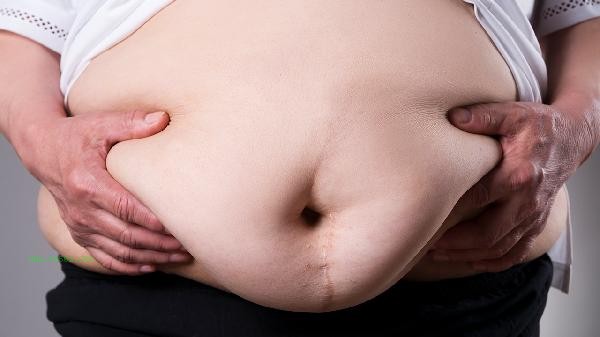The core reason why weight loss requires controlling diet is that the balance between calorie intake and expenditure is disrupted. The key to weight loss lies in creating a calorie deficit, mainly through reducing calorie intake, optimizing nutritional structure, avoiding metabolic disorders, improving dietary habits, and regulating hormone levels.

1. Heat Gap:
The daily calorie expenditure of the human body is composed of basal metabolism and active metabolism. When the intake of calories in the diet continues to exceed the expenditure, excess energy will be converted into fat storage. Controlling diet can directly reduce daily calorie intake by 500-750 calories, equivalent to reducing 0.5-0.8 kilograms of pure fat per week. Common high calorie traps include fried foods, sugary drinks, and refined carbohydrates.
2. Nutritional optimization:
Simply dieting may lead to malnutrition. Scientific dietary control emphasizes increasing the proportion of protein to 30% of total daily calories, ensuring a dietary fiber intake of at least 25 grams, and choosing low glycemic index staple foods. High quality proteins such as chicken breast and fish can maintain muscle mass, while vegetables rich in dietary fiber can prolong satiety and avoid overeating caused by hunger.
3. Metabolic protection:

Extreme dieting can cause a 20-30% decrease in basal metabolic rate. Adopting progressive heat control, combined with strength training, can protect resting energy expenditure. Daily calorie intake should not be less than 80% of basal metabolism, with a recommended minimum of 1200 calories for women and 1500 calories for men. Regular intake of whole grains rich in B vitamins helps maintain normal energy metabolism.
4. Behavioral Reshaping:
Controlling the dietary process can correct unhealthy eating habits. Keeping a food diary can identify hidden sources of calories, fix meal times can stabilize blood sugar fluctuations, and using small utensils can help control single meal intake. Establishing a meal sequence of "eating vegetables first, then protein, and finally staple food" can naturally reduce calorie intake by 15-20%.
5. Hormone regulation:
Dietary structure directly affects weight regulating hormones such as leptin and ghrelin. A high sugar diet can lead to leptin resistance and cause persistent hunger. Ensuring adequate sleep and consuming high-quality fats such as deep-sea fish oil can help improve hormone sensitivity. intermittent fasting can reset insulin sensitivity, but it needs to be implemented under professional guidance.

Controlling diet needs to be gradual, and it is recommended to start by quitting sugary drinks and reducing refined carbohydrates, gradually transitioning to a balanced diet pattern. Weight loss should not exceed 1% of total body weight per week, as rapid weight loss can lead to muscle loss and metabolic damage. Combining resistance training can improve basal metabolic rate, and it is recommended to choose low-intensity activities such as brisk walking and swimming for aerobic exercise. Maintain long-term dietary record keeping habits, regularly evaluate nutritional intake status, and consult a registered nutritionist to adjust the plan when encountering plateau periods. Remember that sustainable weight management is lifestyle change, not short-term extreme dieting.




Comments (0)
Leave a Comment
No comments yet
Be the first to share your thoughts!